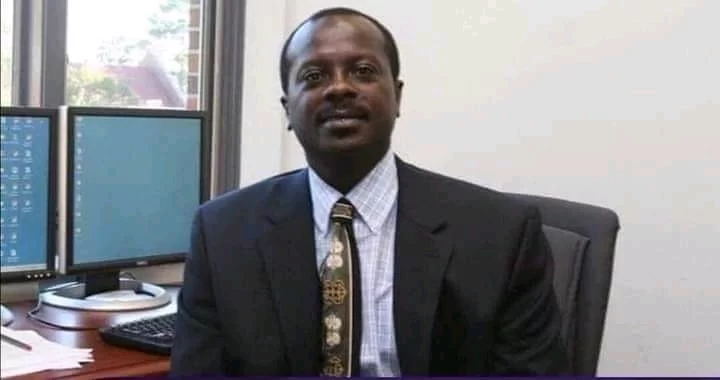adverts
Legal practitioner Prof. Stephen Kwaku Asare has lauded President John Mahama’s decision to reduce the number of ministries from 30 to 23, describing it as a step towards a more streamlined and efficient government.
Speaking on JoyNews’ Newsfile on January 11, 2025, Prof. Asare expressed support for the move, noting that the reduction aligns with his earlier suggestion to limit the number to 20, although he deemed 23 as a reasonable alternative.
While commending the reduction, Prof. Asare raised concerns about the method used to implement the changes, specifically the use of an executive instrument.
adverts
He argued that such an approach allows future administrations to make arbitrary changes, thus undermining the stability and continuity of governance. “An executive instrument can easily be revoked by the next president, who could increase the ministries to 40,” he warned.
Prof. Asare emphasised that the restructuring of ministries should be entrenched through a legislative process, such as a statutory amendment.
This, he argued, would provide long-term stability and prevent future administrations from reversing or altering the changes at will. He further explained that creating ministries requires careful planning and substantial resources, underscoring the importance of a more structured and consultative approach.
“A ministry is something that requires logistics, personnel, and resources. The creation of ministries should only occur after parliamentary consultation and rigorous deliberation,” Prof. Asare stressed.
He pointed out that such a process would ensure that ministries are created based on necessity and national interest, rather than political convenience.
The legal expert also called for a cultural shift in governance, advocating for more stability in the creation of ministries.
He argued that ministries should not be subject to change with every new administration but rather should undergo a thorough, consultative process to ensure they meet the country’s evolving needs.
“Ideally, we shouldn’t be changing ministries like we do. It should involve consultation and legislation,” Prof. Asare concluded, urging lawmakers and political leaders to consider the long-term implications of ministry creation and restructuring.


